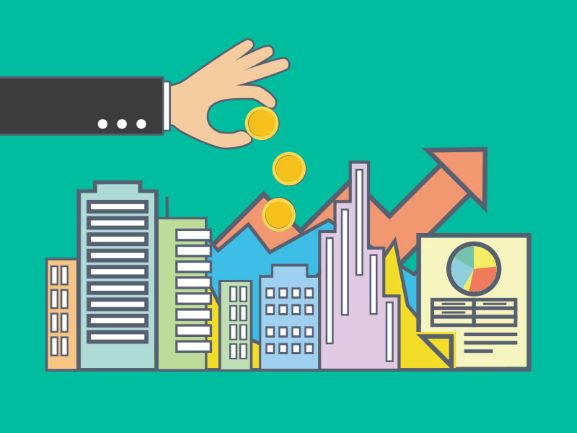Abuja: While the government took measures to protect the economy against a much deeper recession, it would be essential to set policy foundations for a strong recovery, according to the latest World Bank Nigeria Development Update (NDU).
The NDU, titled "Resilience through Reforms", notes that in 2020 the Nigerian economy experienced a shallower contraction of -1.8% than had been projected at the beginning of the pandemic (-3.2%).
Although the economy started to grow again, prices are increasing rapidly, severely impacting Nigerian households.
As of April 2021, the inflation rate was the highest in four years.
Food prices accounted for over 60% of the total increase in inflation. Rising prices have pushed an estimated 7 million Nigerians below the poverty line in 2020 alone.
"Nigeria faces interlinked challenges in relation to inflation, limited job opportunities, and insecurity," said Shubham Chaudhuri, the World Bank Country Director for Nigeria in a press release on Tuesday.
The report acknowledges notable government’s policy reforms aimed at mitigating the impact of the crisis and supporting the recovery; including steps taken towards reducing gasoline subsidies and adjusting electricity tariffs towards more cost-reflective levels, both aimed at expanding the fiscal space for pro-poor spending.
In addition, the report highlights that both the Federal and State governments cut nonessential spending and redirected resources towards the covid-19 response.
At the same time, public-sector transparency has improved, in particular around the operations of the oil and gas sector.
The report however, notes that despite the more favorable external environment, with recovering oil prices and growth in advanced economies, a failure to sustain and deepen reforms would threaten both macroeconomic sustainability and policy credibility, thereby limiting the government’s ability to address gaps in human and physical capital which is needed to attract private investment.
"While the government has made efforts to reduce the effect of these by advancing long-delayed policy reforms, it is clear that these reforms will have to be sustained and deepened for Nigeria to realize its development potential," the World Bank official stated.
Cek Berita dan Artikel yang lain di Google News
FOLLOW US
Ikuti media sosial medcom.id dan dapatkan berbagai keuntungan



















